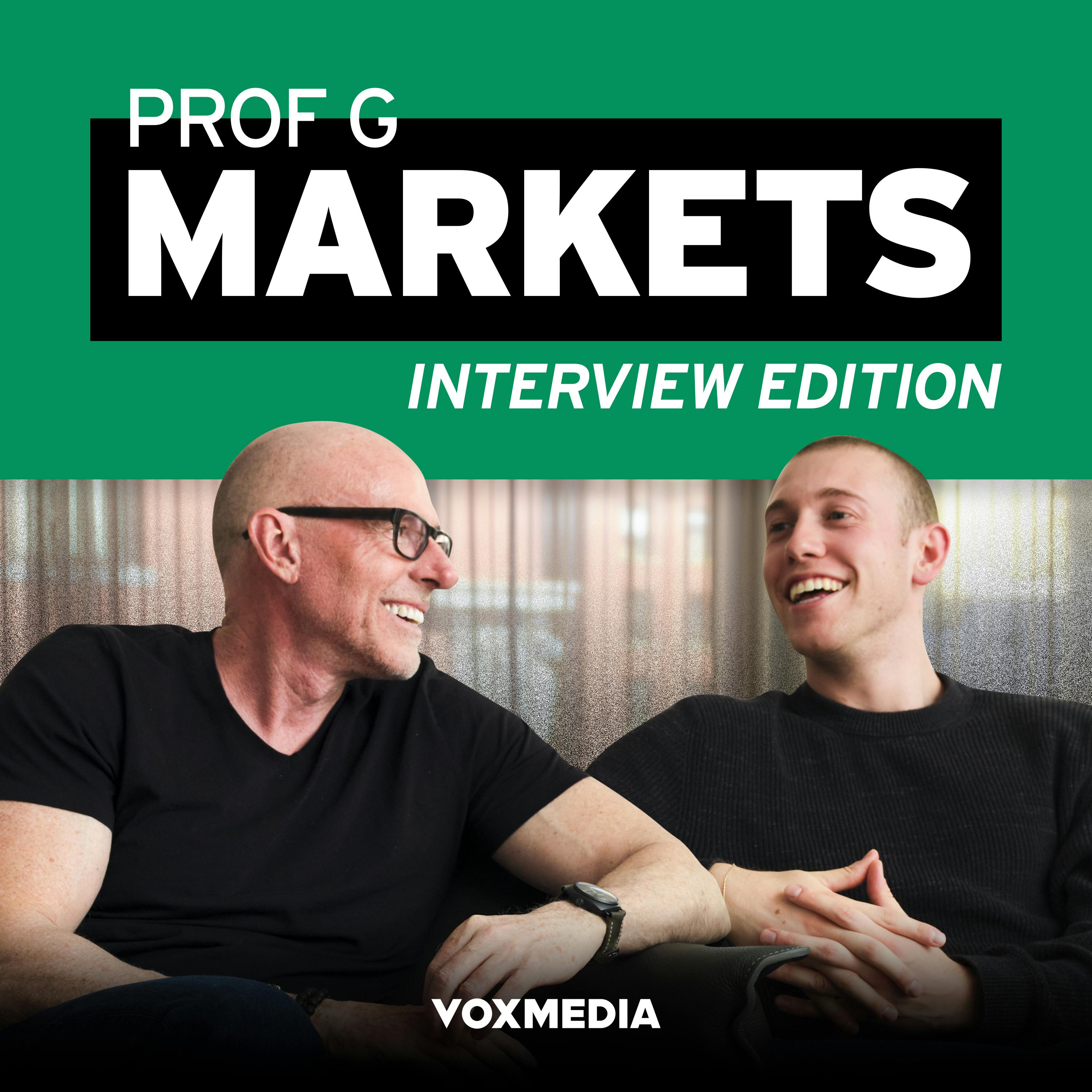Why the AI Revolution Could Make or Break the Economy — ft. Justin Wolfers
Ed and Scott are joined by Justin Wolfers, professor of public policy and economics at the University of Michigan, who returns to the show to discuss his outlook for the economy and the chances we’ll see a recession. He also shares his insights on the possibility that we’ll see stagflation, whether AI will cause an economic boom for the masses or the few, and what he thinks Trump’s economic legacy will be.
Subscribe to the Prof G Markets newsletter
Order "The Algebra of Wealth" out now
Subscribe to No Mercy / No Malice
Follow Prof G Markets on Instagram
Follow Scott on Instagram
Follow Ed on Instagram and X
Learn more about your ad choices. Visit podcastchoices.com/adchoices
Subscribe to the Prof G Markets newsletter
Order "The Algebra of Wealth" out now
Subscribe to No Mercy / No Malice
Follow Prof G Markets on Instagram
Follow Scott on Instagram
Follow Ed on Instagram and X
Learn more about your ad choices. Visit podcastchoices.com/adchoices
Press play and read along
Transcript
Transcript is processing—check back soon.
Prof G Markets — Why the AI Revolution Could Make or Break the Economy — ft. Justin Wolfers





